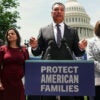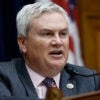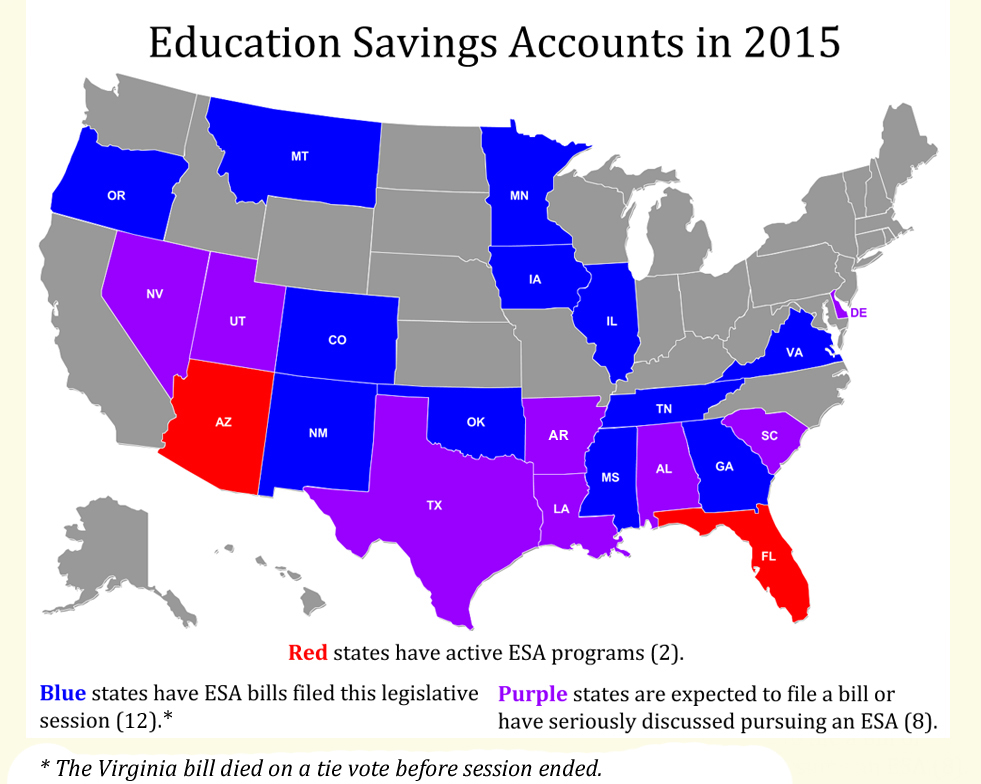Education savings accounts (ESAs) have become the way forward for states wishing to adopt innovative school choice measures. ESAs enable parents to completely customize their child’s education to his individual needs.
According to the Foundation for Excellence in Education, 22 state legislatures are considering ESAs for the 2015 school year. That is serious traction for ESAs. Currently, 24 states and the District of Columbia have private school choice options for families, but ESAs have only been around since 2011 when Arizona introduced the concept and made ESAs available to children with special needs.
Known in Arizona as Empowerment Scholarship Accounts, Arizona’s ESA option lived up to its name, empowering parents to direct their child’s share of education spending toward educational options that were best for their children.
Whereas school choice measures like tax credit scholarships and vouchers enable parents to direct dollars to a particular private school of choice, ESAs act like an “education debit card” giving parents the ability to purchase a variety of education tools and services for their child with 90 percent of the state per pupil allotment, fully customizing their education. Approved options include private school tuition, private tutoring, special education services, home schooling expenses, textbooks, and virtual education, among others.
“We found that with the Empowerment Scholarship Account we have choices on where we can actually take our son. There weren’t those opportunities before,” said Katherine Visser, mother of 10-year-old ESA recipient, Jordan. “With the ESA I have been able to completely customize Jordan’s education to what works best for him.”
Arizona’s ESA has been so popular that eligibility was expanded four times in preceding years to include children entering kindergarten, with special needs, from underperforming schools, from active-duty military families, in foster care, of fallen soldiers, and from tribal lands. Currently 1,300 students are enrolled in the Arizona ESA program.
In 2014, Florida became the second state in the nation to enact ESAs, known in the Sunshine State as Personal Learning Scholarship Accounts (PLSA). With their PLSA, up to 1,800 Floridian children with special needs—defined in statute as having autism, cerebral palsy, Down syndrome, Prader-Willi syndrome, spina bifida, Williams syndrome, or intellectual disability (severe cognitive impairment), and kindergarten students deemed “high risk” because of developmental delays—are eligible for a PLSA.
Other states are noticing the rush to create educational opportunity.
In Mississippi, the state legislature has just passed a proposal that would create ESAs for children with special needs.
According to the Friedman Foundation for Educational Choice, 63,000 Mississippi students could become eligible for the ESA. Forest Thigpen, president of the Mississippi Center for Public Policy, welcomed Mississippi’s move toward ESAs:
All children are unique, and all children should have the chance to receive an education that equips them for a fulfilling life…. Parents are ultimately responsible for the education and upbringing of their children, and they should have the tools they need to exercise that responsibility. If parents believe the public schools are not providing the education their children need, they should be allowed the flexibility offered by ESAs to pursue other options.
Educational savings accounts are the next generation of school choice. They separate the financing of education from the delivery of services and empower families to choose which provider works best for their children. As such, it’s no surprise to see their welcome proliferation.






























